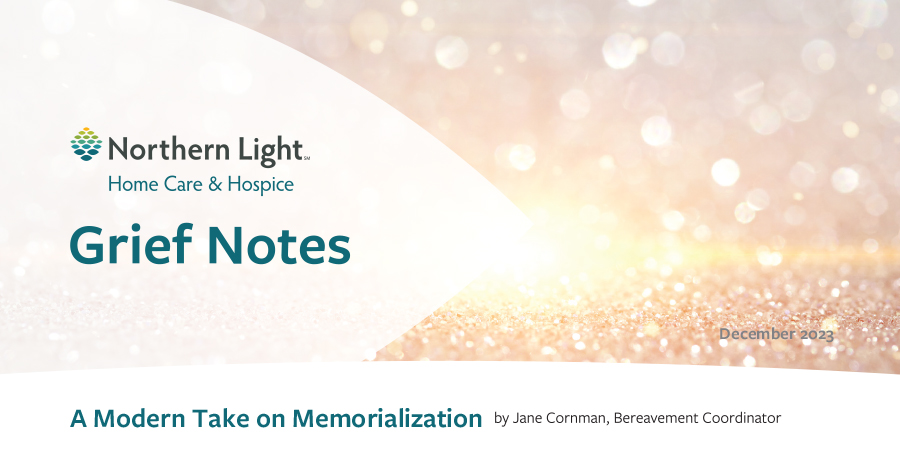LATEST NEWS
We are all just walking each other home. - Ram Dass
LATEST NEWS
We are all just walking each other home. - Ram Dass

Say the word “funeral” and most people will immediately envision what is commonly depicted in TV and movies. The body is embalmed and placed in an expensive casket. Mourners dressed elegantly in black arrive in a church for a funeral, followed by a procession to the burial in a cemetery. Mixed into these events, at some point there will be a large reception in someone’s home, which is packed with friends and family. And because this is Hollywood, there will inevitably be some dramatic family moments.
The typical Hollywood funeral exists because it has been the most common practice in our culture for generations. But the reality is that practices have changed drastically over the past several decades. Cremation has become the most popular way for people in the U.S. to deal with their loved ones’ remains, and for many families, funerals have been replaced with less traditional gatherings.
Traditions usually change when they need to, and there is nothing inherently wrong with the shift in our burial customs. However, it is important to understand that regardless of the choices we make about the activities we engage in and the objects we use, memorialization is an important element of the grieving process that needs to be tended to. In this time when customs are changing so drastically; it may be helpful to unpack the meaning and purpose behind memorialization.
Memorialization is the public expression and preservation of memories. It is an opportunity to share and celebrate the life of our loved one within community and to leave a record so that future generations know that this person existed and that their life had meaning. The benefits of these actions to the griever cannot be overestimated. First and foremost, creating a lasting memory is an act of love. It is a way of doing some final, good thing for our loved one. Expressing our love like this can be a healing experience even if it feels bittersweet. Second, sharing our memories with the right people is crucial for us to be able to process our grief. Grief expert David Kessler has famously said that grief must be witnessed. Think about how much better you feel whenever someone offers a sympathetic ear, and you get the chance to pour out the entire story.
So do whatever works best given your circumstances and the wishes of your loved one. Throw a grand cathedral funeral followed by burial in the family mausoleum—or get together with a trusted companion and quietly spread the ashes in your loved one’s favorite spot. Make a generous contribution accompanied by an elegant memorial plaque—or go out with your sister for matching memorial tattoos. Publish a detailed obituary in the local paper or write a humble tribute to be quietly shared with the grandchildren. The options are limitless, but the benefits are the same. And one thing is certain: you will most likely feel better if you do something rather than nothing.
As your Bereavement Coordinator, I am available by phone for grief support. If you would like to arrange a time to talk or meet one on one, you may e-mail your request to George McLaughlin at gmclaughlin@northernlight.org or call me at 207-498-9039. I will get back to you as soon as I can. Our agency toll-free number is also available to you at 1-800-757-3326.